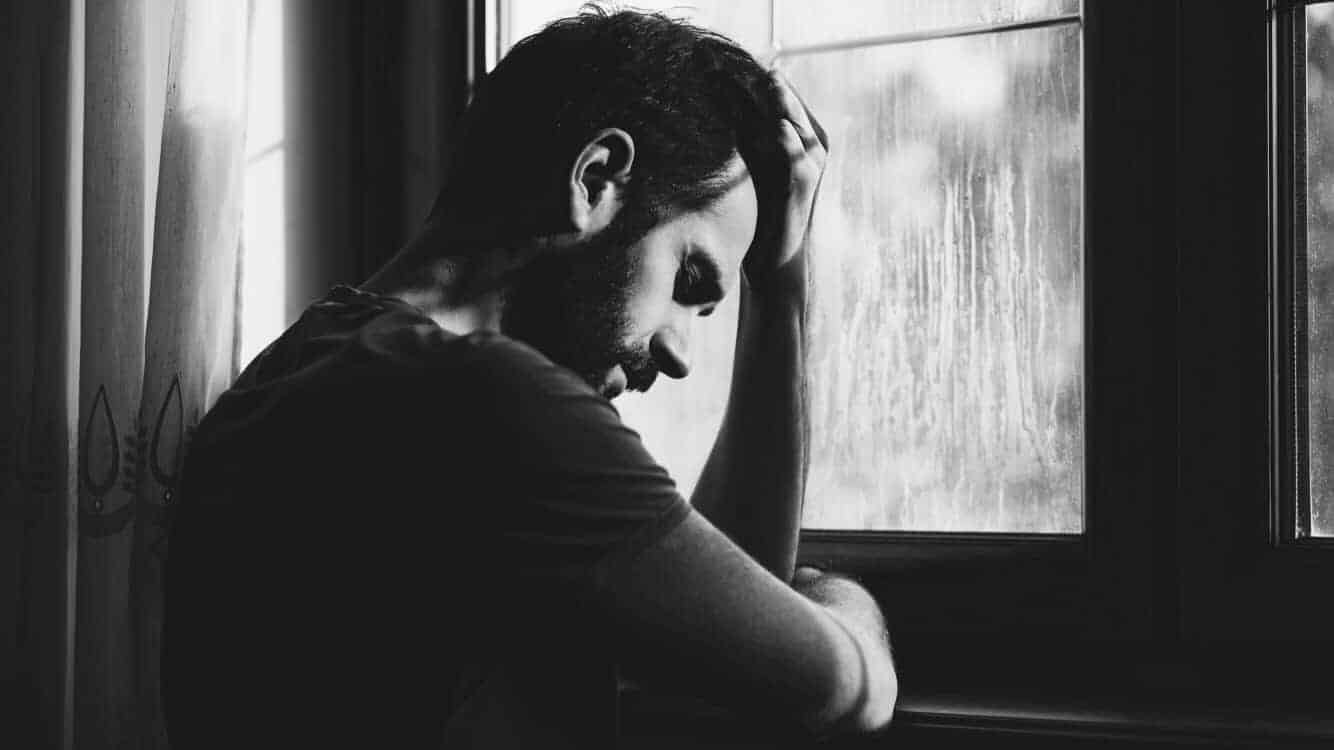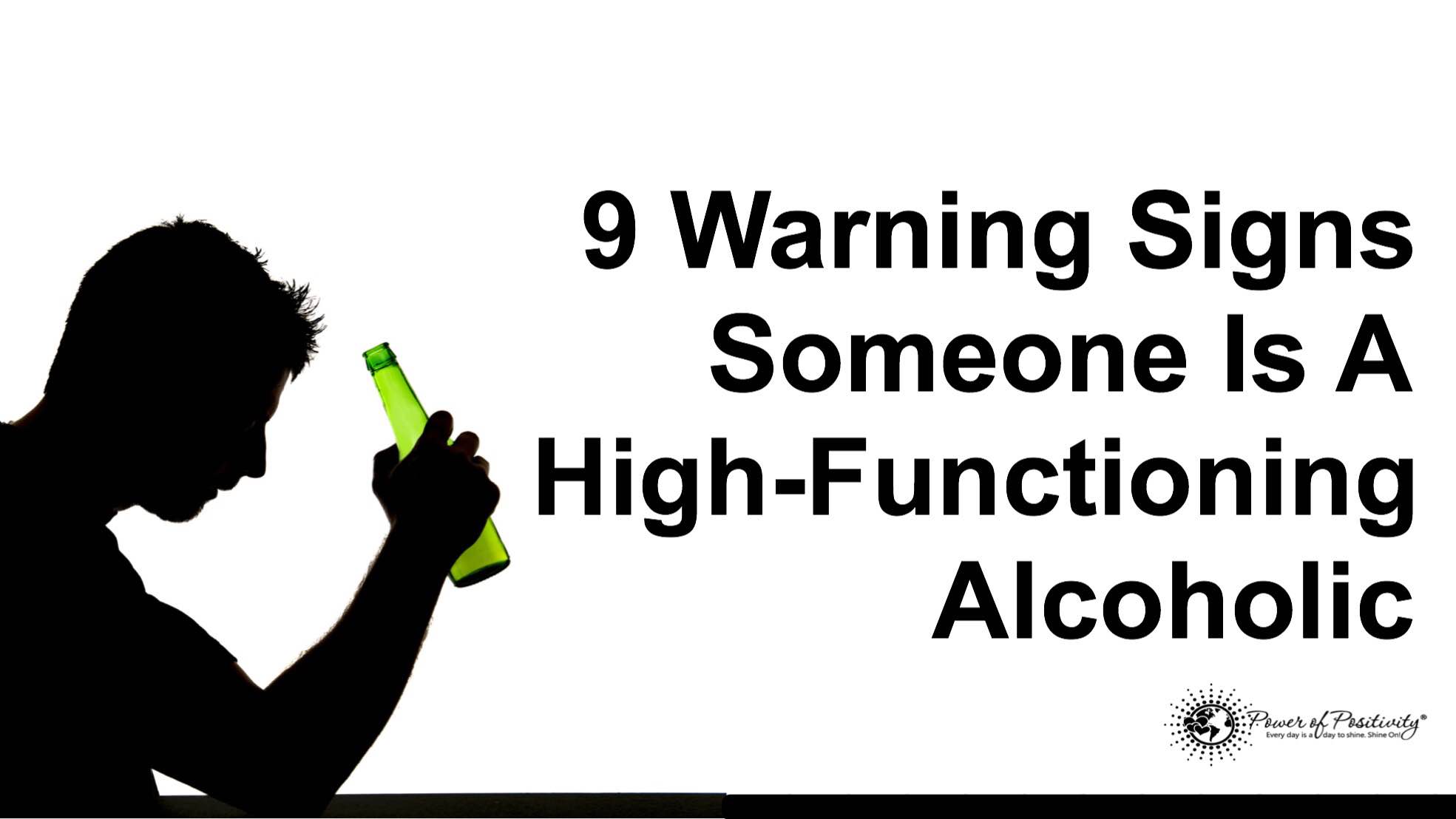Addiction and drug abuse is one of the leading causes of death in the United States. Research shows that 10% of Americans have had a drug abuse disorder in their lifetime and those percentages are only growing every year. Prescription drug use has even claimed the lives of high-profile celebrities such as Prince and Tom Petty. But how do you recognize that someone needs intervention?
Whether it’s marijuana, alcohol, heroin or prescription drugs, there are several tell-tale signs to look out for in an addict. Remember, people with addictions are very good at hiding them because they’re well aware that if they’re found out, they will have to face the consequences. So, they have to be secretive about it or sometimes downright aggressive. Either way, they need help. Here are some signs to look out for to show that someone needs help with addiction.
Here Are 10 Signs Someone Needs Help with Addiction
1. Deteriorating appearance
This is only really visible towards the later stages of addiction, but it’s still a good one to look out for. You will notice an addict’s appearance rapidly changing throughout the course of their addiction. One day they’ll look like they’re going to a gala, and the next they’ll look like they’ve just crawled out of bed. Look out for disheveled clothes, unkempt skin, and hair (stubble for men). Women often try to hide an unkempt appearance with more makeup, too.
2. Isolation
If someone you know has started closing themselves off from other people, that may be a sign they need help with addiction. Especially if it’s a deviation from their normal behavior – if someone was, at one point, the life of the party, but then has suddenly started warding off all your invitations to meet you or others, that should be a big warning sign. An addict only wants to spend time and energy towards getting their next dose. Everything else takes a backseat to this supreme goal – including their relationships with other people.
3. Unhealthy friendships
Has your friend or family member fallen in with a bad crowd? Whether it’s other people who use drugs or not, a sudden change in the friend group can be a clear sign of a developing addiction. Addicts tend to band together and try and find kindred spirits, which, unfortunately in their case, are other addicts or sometimes even drug dealers. Those friendships encourage their habit and can only worsen their addiction.
4. Bad memory
This is very common with alcoholics, but it can also happen with other kinds of substance abuse. Commonly known as black outs or brown outs, those are episodes that addicts have where they won’t be able to recall certain moments – whether it’s a few hours or a few days. If you notice this symptom, get involved as soon as possible, because it’s a sign of serious addiction as the drugs are already meddling with their brain functions.
5. Neglecting responsibilities
A substance addict only cares about getting their next dose, so all other priorities in their lives start fading away. Absence from work is most commonly the way this goes, or a failure to pay taxes and household bills. Sometimes, it can even take on a dangerous facet of neglecting children and other dependents. If this happens, intervene straightaway. Do not wait because it might not just be the addict’s safety at stake.
6. Withdrawal symptoms
Nausea, increased anxiety, headache, sweating, fatigue – those are all classic symptoms of drug withdrawals. If you see someone exhibiting them all, keep a close eye on them because it might be something more serious than a common cold. A lot of times, addicts try to kick the addiction themselves, leading to debilitating withdrawals. This indicates a physiological dependency to the drug too, so it’s nothing but a desperate cry for help with addiction.
7. Increased number of accidents and injuries
This is especially common with addiction to alcohol and prescription opiates. Opiates are initially used to numb chronic pain. Once a person becomes addicted, they may manufacture injuries or complain of different pains to get their fix of opiates. Alcoholics are also prone to injury, as alcohol dulls the senses and makes pain less noticeable. They’re especially dangerous if they decide to drive under the influence, as then they put other people’s lives in danger, too.
8. Atypical behavior and poor judgment
Drug addiction may push people towards breaking the law or engaging in behavior that’s not typical for them just to get their drug. If someone’s life seems to drastically turnaround from one day to the next, keep a close eye on them, because it might be an aftereffect of their drug addiction and their need to get their fix as soon as possible. If you’re not careful, they’ll continue acting this way – and might even land themselves in jail.
9. Mood swings
If all addicts are one thing, that’s unpredictable. They may be acting like the nice, positive person you once knew and then turn into an aggressive, unfamiliar stranger the next second. Mood swings are incredibly common for substance abuse and are always dictated by their relationship with drugs. Withdrawals and hangovers will cause destructively negative moods, while a high will bring about elation and happiness.
10. Increased tolerance
The more an addict abuses a certain substance, the more their tolerance will grow and they’ll want more. Have you noticed your friend takes longer to get tipsy than others? Or that their headaches last longer and just one pain pill doesn’t do it? It might just be a sign of a serious addiction. Consider talking to them about it carefully and getting to the bottom of it.
Final thoughts
“Caring people help others not because they expect a reward, but because it is natural to show kindness.” – Anonymous
Addiction is a very serious problem that can’t just be solved with positive thinking. At the same time, make sure you remain positive about your ability to help. Addicts need real, physical solutions and interventions to help with addiction. This can only happen if the people around them recognize the tell-tale signs of addiction. If you’re worried that someone you know is developing an addiction, organize an intervention or contact a doctor for help.


















